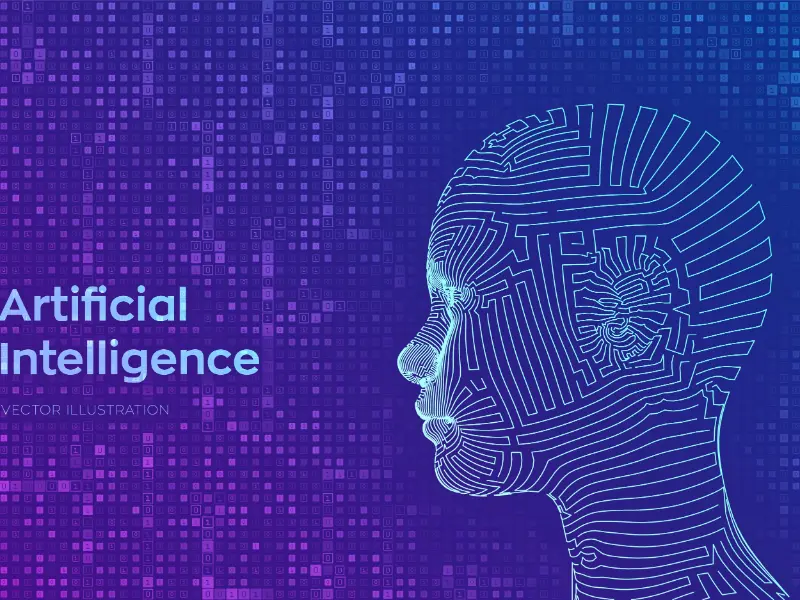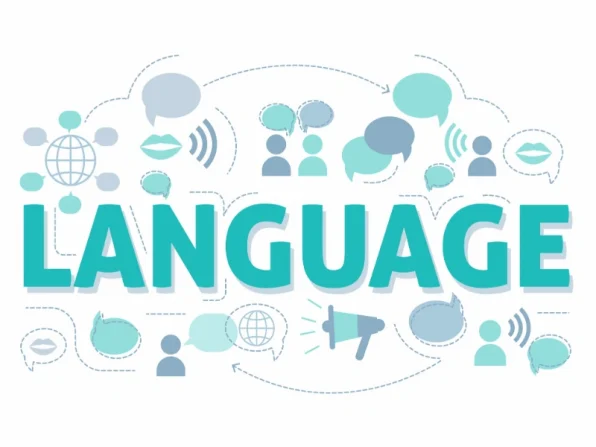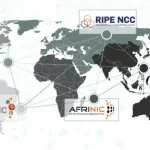- Google I/O introduces AI Overviews in Search, revolutionizing search experience with concise summaries.
- Google’s AI Overviews spark industry debate and collaboration on the future of online search and content dissemination.
Google’s introduction of AI Overviews in Search revolutionises information access, but has raised concerns about the impact on content creators and website traffic.
Also read: About Google’s speech recognition technology
Google redefines the web experience
Google’s annual developer conference, Google I/O, unveiled a groundbreaking shift in the landscape of online search: the widespread rollout of AI Overviews in Search. This innovative feature utilises artificial intelligence to provide users with concise, informative summaries at the top of search results, transforming the way information is accessed and consumed on the web.
With AI Overviews, users can now receive instant answers to their queries without having to navigate through multiple links. Whether it’s retrieving personal information from Google Photos or seeking general knowledge, the AI-powered results streamline the search process, saving time and effort for millions of users worldwide.
However, this advancement has sparked concerns within the internet ecosystem, particularly among content creators and website owners. Google’s dominance as a traffic source raises questions about the potential ramifications of directing user traffic away from external websites and towards its own AI-generated summaries.
In response to these concerns, Sundar Pichai, CEO of Alphabet and Google, acknowledges the apprehensions but remains optimistic about the future of the web. He emphasises the value AI Overviews bring to users and highlights the positive feedback received thus far. Pichai reassures stakeholders that Google remains committed to supporting the web while embracing transformative technologies like AI.
As Google pushes the boundaries of AI integration, it grapples with the tension between innovation and preservation. While AI promises to enhance productivity and creativity, it also raises valid concerns about the integrity of online content and the livelihoods of content creators. Sundar Pichai’s impassioned dialogue reflects the complex challenges inherent in navigating this technological evolution.
In summary, Google’s introduction of AI Overviews in Search signifies a significant milestone in the evolution of online search, yet it also prompts critical discussions about the future of the internet ecosystem and the role of artificial intelligence in shaping it.
Also read: OpenAI created a team to control ‘superintelligent’ AI
Concerns and opportunities
Google’s announcement of AI Overviews in Search has sent shockwaves through the digital realm, triggering a wave of reactions from industry stakeholders. While the integration of artificial intelligence promises to revolutionise the search experience, it also raises profound questions about its impact on the internet ecosystem.
Among the most vocal critics are content creators and website owners, who fear being marginalised as Google centralises information retrieval through AI-generated summaries. The prospect of diminished traffic to external sites poses existential threats to businesses reliant on online visibility and monetisation strategies.
In the face of uncertainty, industry leaders are grappling with the implications of Google’s AI-centric approach to search. The shift towards AI Overviews underscores the need for adaptation and innovation within the digital landscape, as stakeholders seek to reconcile the benefits of technological advancement with the preservation of a diverse and vibrant online ecosystem.
Amidst the apprehension, there are also opportunities for collaboration and dialogue between tech giants like Google and content creators. Sundar Pichai’s reassurances about Google’s commitment to supporting the web signal a potential avenue for partnership in addressing shared concerns and charting a path forward that balances innovation with inclusivity.
As the digital landscape continues to evolve, stakeholders must collectively navigate the complex intersection of technology, information accessibility, and economic sustainability. While Google’s foray into AI-powered search represents a paradigm shift, it also serves as a catalyst for broader conversations about the future of the internet and the role of artificial intelligence within it.
In conclusion, the industry’s response to Google’s AI Overviews reflects a mix of apprehension, anticipation, and a call for collaboration as stakeholders grapple with the evolving dynamics of online search and information dissemination in the age of artificial intelligence.









